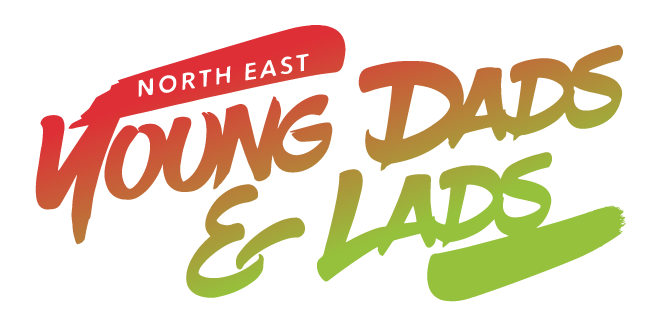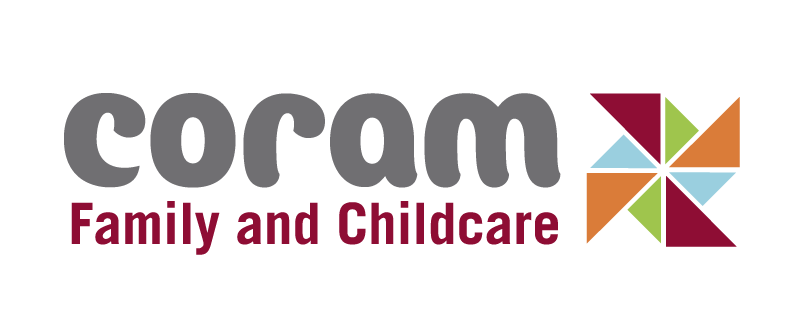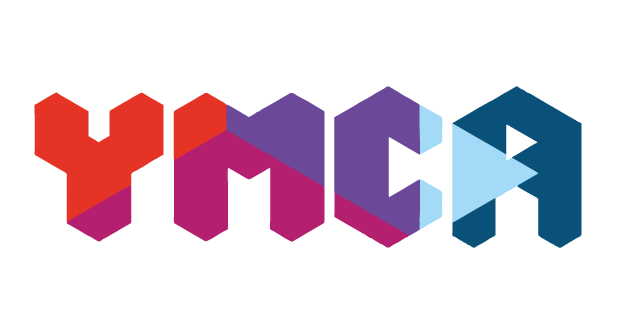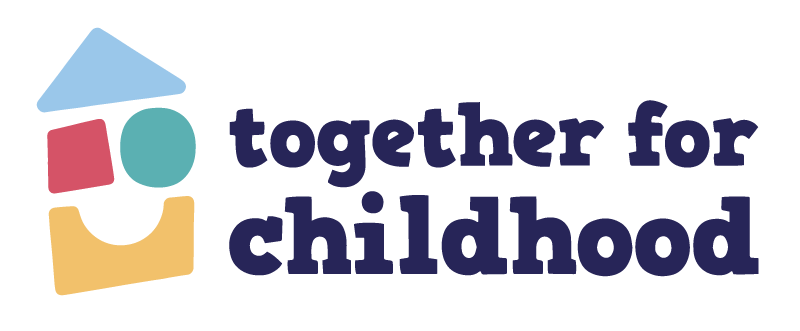Forgotten Young Dads on BBC Three: a must watch!
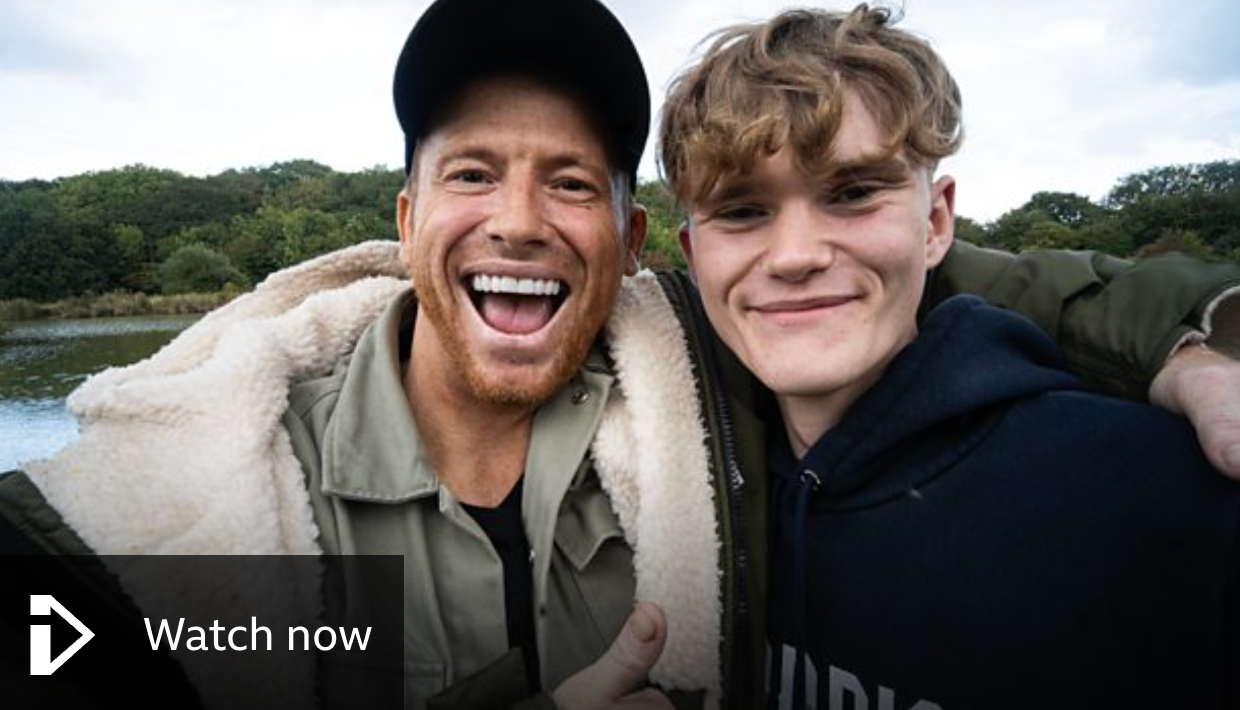
At a time when narratives about fatherhood often centre on older, more established dads, BBC Three's powerful new documentary Forgotten Young Dads is a timely and essential watch. Presented by actor and TV personality Joe Swash, this hour-long film shines a much-needed spotlight on the parenting journeys and experiences of a population of boys and men that have long been stigmatised, misunderstood, and overlooked: young fathers.
Having been consulted on this important documentary, I'm proud to see it reach audiences across the UK. The programme, now available on BBC iPlayer, follows Joe Swash as he meets four incredible young dads from across the country who are rewriting the script on what it means to be a father in their teens and early twenties.
Challenging Stereotypes
Joe, who became a father himself in his mid-twenties, brings both personal insight and genuine empathy to his encounters with the young men he engages in the show. As he follows their stories, he reflects on his own journey into fatherhood, sparking important and timely conversations about masculinity, the importance of positive male role models, and why it's time for young dads to be seen, heard, supported, and celebrated.
The documentary doesn't shy away from the harsh realities these young men face either. As our research shows, young dads are more likely to drop out of school and are among the most socially isolated and economically deprived parent groups in the country. Yet what emerges most powerfully from the film is not their struggles, but their unwavering commitment to their children and their determination to be present, loving fathers despite the odds stacked against them.
A North East gem!
We are especially proud of Josh who featured in the show and his family, who we've worked with through the North East Young Dads and Lads project. Joshua, a 22-year-old from County Durham, is father to two-year-old twin girls, Autumn and Winter. His journey is truly inspiring. Not only is he a dedicated dad, but he's also now studying Childhood Studies at the University of Sunderland, pursuing his passion to make a difference in the lives of children and young people.
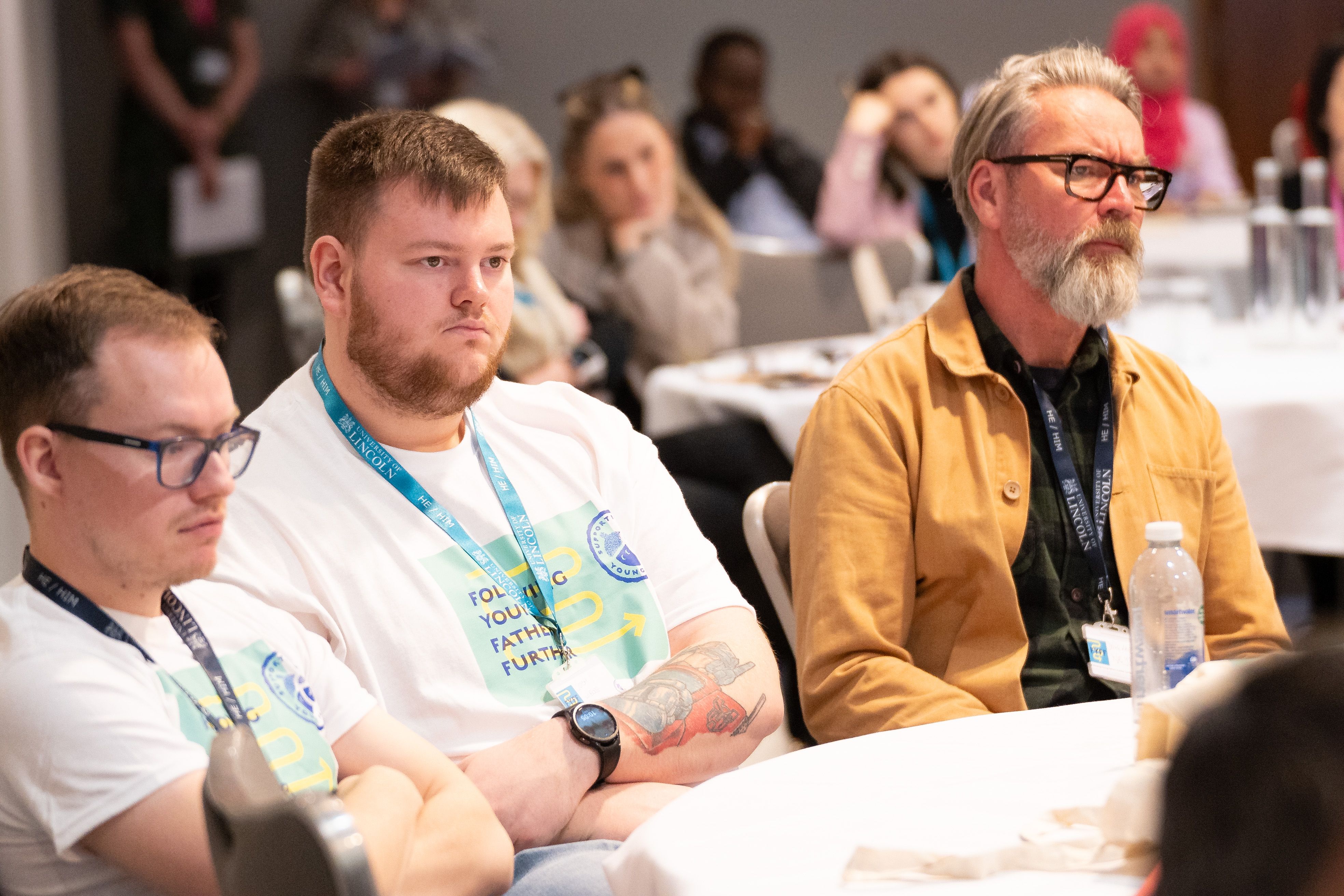
Joshua shared his hopes for the documentary, saying: 'It was an amazing experience to be a part of the show and hopefully shed a positive light on young fathers.' His story demonstrates a key finding from our extensive research; that with strengths-based, compassionate and non-judgmental support, young dads can thrive both as fathers and as individuals pursuing their own dreams and ambitions.
Why This Documentary Matters
It is so important to hear accounts of young fathers that really get to the heart of their experiences, their intentions for their children, and their challenges and support needs. Our work with and for young fathers powerfully confirms that it is only by listening to the voices of young fathers that we can more effectively transform society for the better! The documentary raises the visibility of this much-stigmatised population but it does so with care and in a way that celebratory and careful rather than judgmental. Too often, young fathers are painted as irresponsible or absent, tired stereotypes that do not accord with the realities of young fatherhood today. These are young men who show up, who change nappies at 3am, who care about providing for their families, and who love their children fiercely.
The programme draws crucial attention to the commitment these young men have to their children. Despite facing judgment, financial pressures, and social isolation, they are determined to be the fathers their children deserve. The film captures their stories with honesty, showing their capacity to rise above stigma to become strong role models for their kids.
Perhaps most importantly, the documentary highlights the urgent need for better support systems for young fathers. When we support young dads effectively, we don't just help individuals; we strengthen families and communities.
A Call to Action
Forgotten Young Dads isn't just a documentary to watch and forget. It's a touching and important call to recognise that young fathers deserve support, rather than judgment. It's a reminder that fatherhood, regardless of age, can be filled with love, pride, and resilience. And it's proof that when we invest in young dads, they can achieve remarkable things; from advocacy, for themselves and others, university degrees, to stable, loving homes for their children.
Whether you're a parent, a professional working with families, or simply someone who cares about social justice, please give the documentary a watch!
Watch: Forgotten Young Dads is available now on BBC iPlayer: https://www.bbc.co.uk/programmes/m002l5hr
Learn more: Read more about our research: The Dynamics of Young Fatherhood

